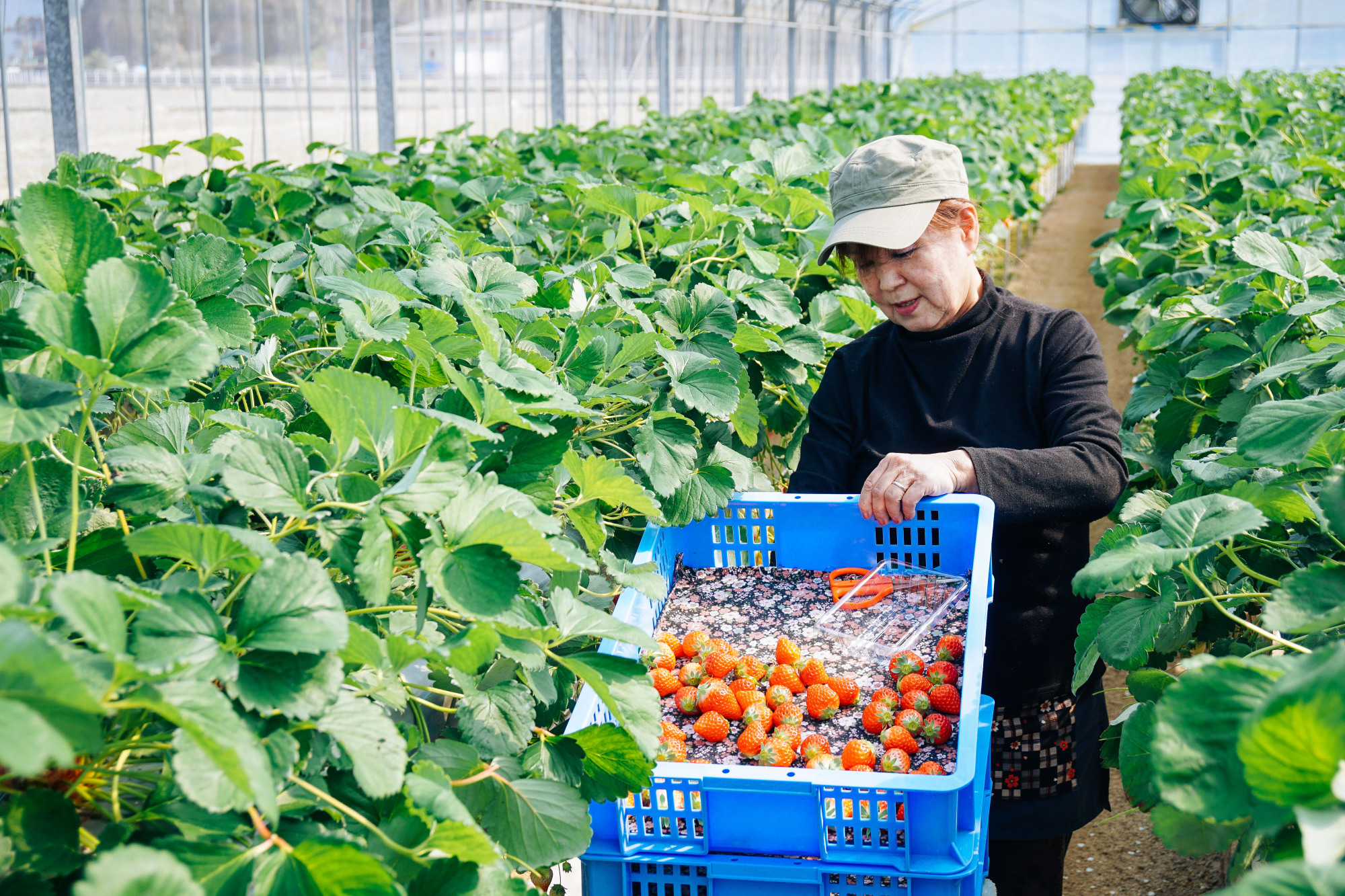The government should try to promote overseas agricultural production by Japanese farmers, rather than the export of agricultural products. Japan's agriculture is suffering a serious setback from the copying of its valuable products, such as Shine Muscat grapes, and discount sales of copycat products abroad. While it is important to strengthen control of the smuggling of seeds and seedlings out of Japan, there is a limit to that effort. As more than 30 million inbound tourists are expected to visit Japan each year, ecotourism and agritourism will likely prosper. I'm afraid that more people posing as tourists will bring seeds and seedlings back to their countries. What should we do?
Now is the time for Japanese agriculture and farmers to go back to the basic idea that agriculture is manufacturing. Japanese farmers should go abroad and carry out local production of their splendid products by not only controlling the use of seeds and seedlings but also managing the production process. They can sell their products in local markets overseas at prices cheaper than those exported from Japan — and at higher prices than the products of local farmers due to their added value.
As a member of the Diet, I was a pioneer in selling Japanese agricultural products in overseas markets at high prices. In Abu Dhabi and Dubai about 10 years ago, I successfully sold watermelons from Tottori Prefecture, my constituency, at ¥30,000 apiece — compared with the ¥2,000 that they fetched in the domestic market. This made headlines across Japan and touched off a move to sell Japanese farm products overseas. I was invited by agricultural organizations throughout the country to give lectures.














With your current subscription plan you can comment on stories. However, before writing your first comment, please create a display name in the Profile section of your subscriber account page.